Dhulikhel/RSS, Dec 30: Former Prime Minister Dr. Baburam Bhattarai emphasized that countries achieving significant progress through economic prosperity have typically undergone a prior political revolution. Dr. Bhattarai made these remarks at an academia-industry gathering hosted by Kathmandu University in Dhulikhel on Friday.
During the event, Dr. Bhattarai noted that Nepal’s economic development agendas faced setbacks when political revolutions did not follow the right path. Urging the new generation to channel their efforts into creativity rather than engaging in political criticism, he highlighted the importance of political and democratic stability for the country’s overall development.
According to Dr. Bhattarai, the instability of the political and democratic system is a major factor contributing to Nepal’s lagging status in development. He praised the achievement of federal democratic republic status as a positive outcome of political revolution and emphasized the necessity of democratic stability in the current globalized context.
Former Finance Minister Surendra Pandey, also present at the gathering, highlighted the education sector as the largest industry in Nepal. He argued for the establishment of academic institutions to foster progress and advocated for increased budgets in the education sector.
Pandey recommended that universities enhance their existing quality and actively expand their market reach. Kathmandu University’s Vice-Chancellor, Prof Dr. Bhola Thapa, stressed the importance of collaborative efforts among educational institutions, industries, and the government to create jobs and lead the country to prosperity.
Vice-Chairperson of the Federation of Nepalese Chambers of Commerce and Industry, Surkrishna Baidhya, expressed concerns about the country’s inability to move towards economic revolution due to policy problems. Baidhya argued that economic revolution without industrial revolution is not possible, calling for a focus on promoting the industrial sector and boosting the confidence of industrialists.
KU’s Registrar, Prof Dr. Achyut Wagle, suggested that political parties incorporate the idea of academia-industry collaboration into their manifestoes. He emphasized the deep interconnection between education, family life, and the nation’s development.
Director-General of the Department of Industry, Baburam Gautam, outlined measures being considered by the ministry, including software development, e-commerce-related policy, and other law drafting to reform the industrial sector.
Coordinator of KU Department of Academia Industry Collaboration, Dr. Ram Lama, shared that KU has implemented special research and innovation programs in technology, green energy, and employment promotion. The gathering concluded with a consensus on the need for coordinated efforts across sectors to drive the nation toward prosperity.

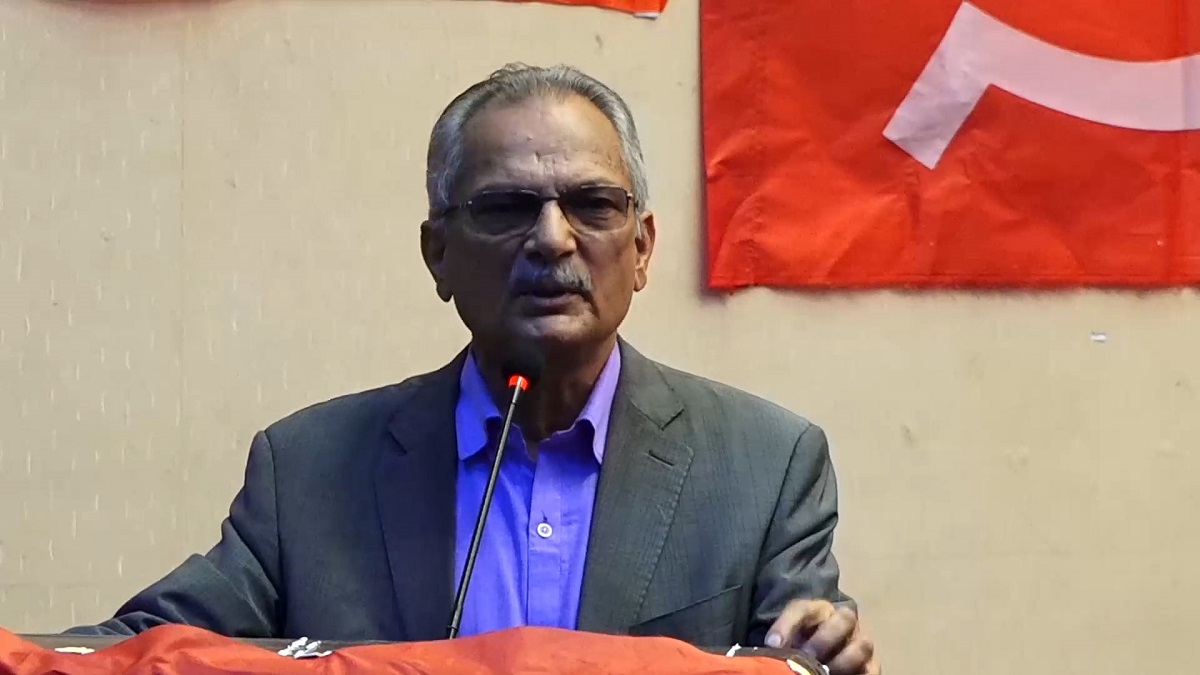
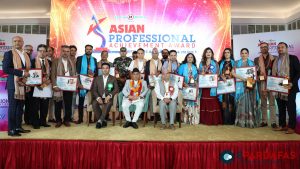
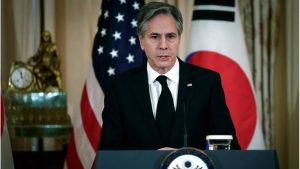
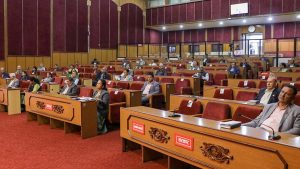
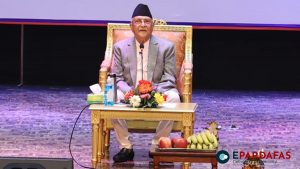



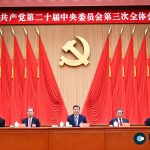




Comments